What Is Anxiety? Does It have a Function?
When I talk about the healthy function of anxiety with clients, I talk about survival. Literally. In our earliest days as a species we had to determine what was safe and what wasn't. Which plants were safe to eat. Which people were safe to interact with. Which snakes and insects were poisonous. What water was safe to drink. We needed to be alert to our environment. Constantly. Ready to run. Fight. Flee. Freeze. Hide. Our survival depended on it.
Vigilance was key to surviving in a dangerous, rugged, inherently violent world. Anxiety, manifesting as fear in our bodies, alerted us to danger, fueled our bodies with adrenaline, and sped us on our way, out of danger. Believe me, the most anxious among us were the most likely to succeed at the Survival Game, most likely to live long enough to breed, most likely to rear their children into sexual maturity, most likely to foster the next generation. The Anxious Survived. The anxious survived and we are the happy result. Are you feeling it?
Anxiety Wasn't Designed To Run Your Life.
Anxiety Can Set You Up For Irritability.
We are typically less familiar with the other ways anxiety comes on board to run the show. Controlling behaviors, all or nothing black and white thinking, disruptions in our ability to form healthy attachments and be present and emotionally intimate with those we value most. Overextending ourselves across multiple areas of life. Lack of boundaries with ourselves and others. Feeling taken for granted. Feeling martyred, exhausted, angry, and misunderstood. Sometimes we can become demanding, requiring others accommodate our anxious needs. As that rigid self-control some of us value so highly, starts to flag, we can become irritable and edgy. Needing space to recenter, and perhaps even not realizing it, we move into irritability. Quick to react. Quick to snarl. Quick to lash out.
Boys And Men Are Particularly Vulnerable.
The fact is, our teens don't have enough life experience yet to always be able to know what they need from us or the world around them. The transition from child to teen to adult is an arduous and demanding task to negotiate. And it is constantly changing. Your teen is navigating a world that didn't exist for you. There's a lot going on in their lives and you are a safe enough whipping post when they are overwhelmed and anxious.
Your Anxious Irritability.
I still run into young men who have been told as children not
to cry, to suck it up.
Recent studies have suggested baby boys actually arrive more sensitive to their environments, more easily negatively impacted by experiences in the early months of life than girls. They need more support, not less. All children need support in learning how to appropriately self-soothe and self-regulate. All children require emotionally present and responsive care givers. All children need encouragement to identify and express their feelings in a healthy, fluid fashion. All children need the opportunity and modeling that allows them to identify their own needs and desires and to ask for support. All children need support and nurturing such as this. All children. Yet, historically, boys have received less of these specific relational and emotional supports. We often default, even unconsciously, to socializing and nurturing boys into silence and stoicism. A false expression of strength. And here in the West, we socialize children, and especially boys, towards individualism. Independence. Autonomy. There's not always much room to learn how to ask for help when needed, how to sort through our feelings, even the sad and bad ones, how to draw on community.
Human Beings Are Built For Connection.
You Weren't Designed For Modern Life.
We can't change the world. We can change our personal habits, practices, and ways of being. We can focus on reconnecting to ourselves, reconnecting to our family systems, learning how to be more vulnerable and trusting of each other. We can work through our anxious habits and responses and create deeper levels of satisfaction, ease, and connectedness in our lives. We can know ourselves and one another better, on a deeper level. We can stop working so hard to hold it all in. We can create and learn healthy, productive ways for expressing our emotions and needs. Communicating better. Feeling better. And, yes, feeling less irritable. It's a process. And one worth learning.
 Photo by Autri Taheri on Unsplash
Photo by Autri Taheri on Unsplash




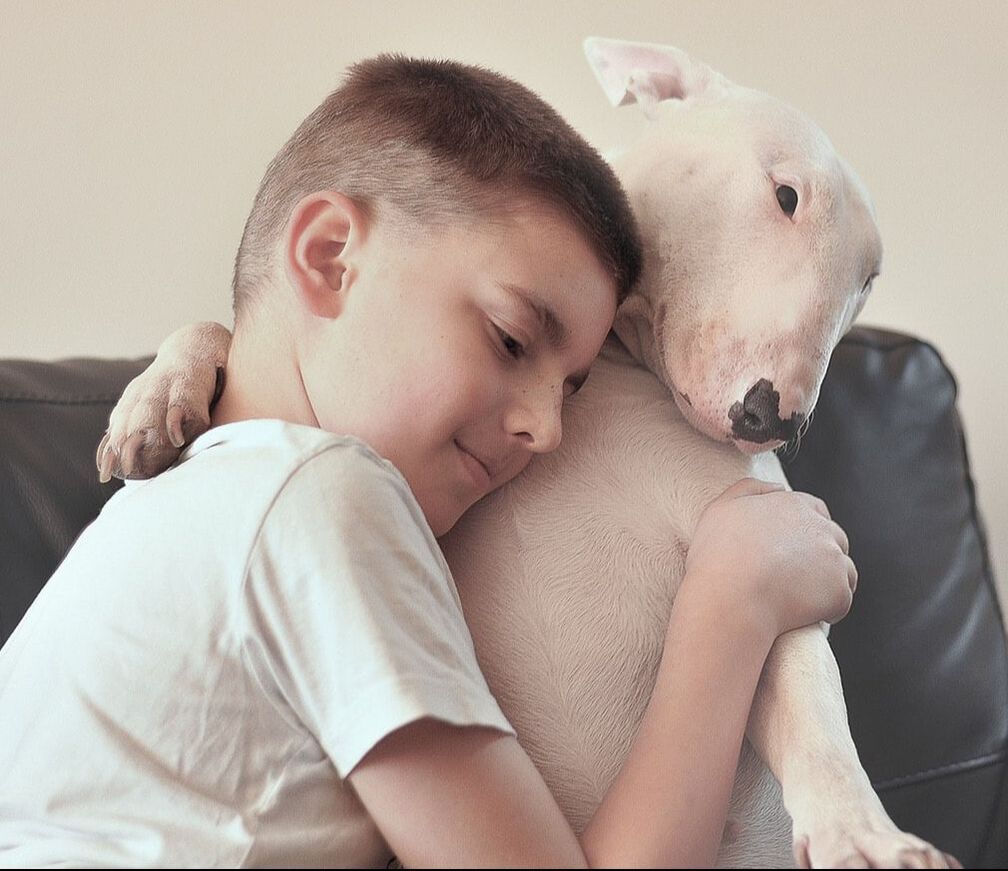
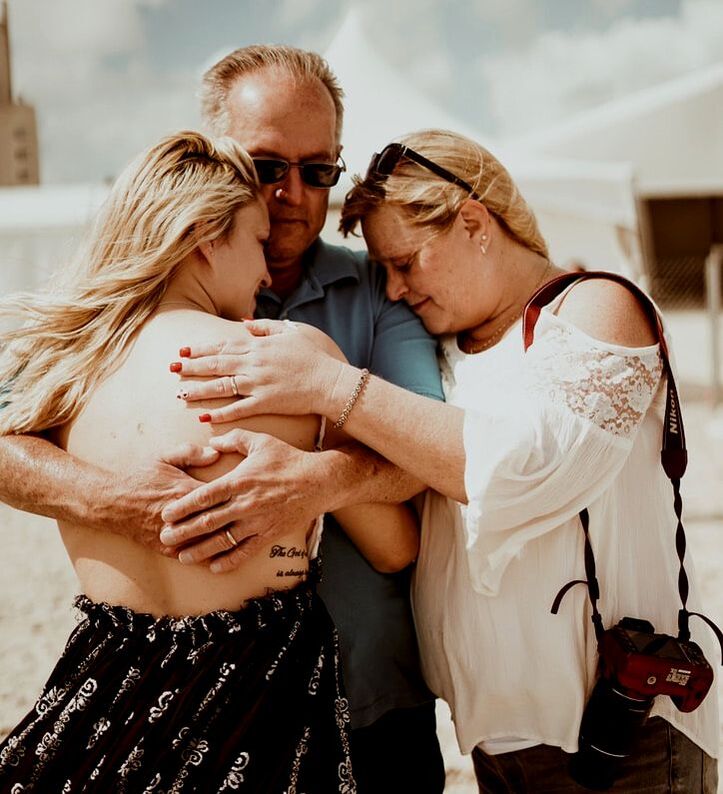


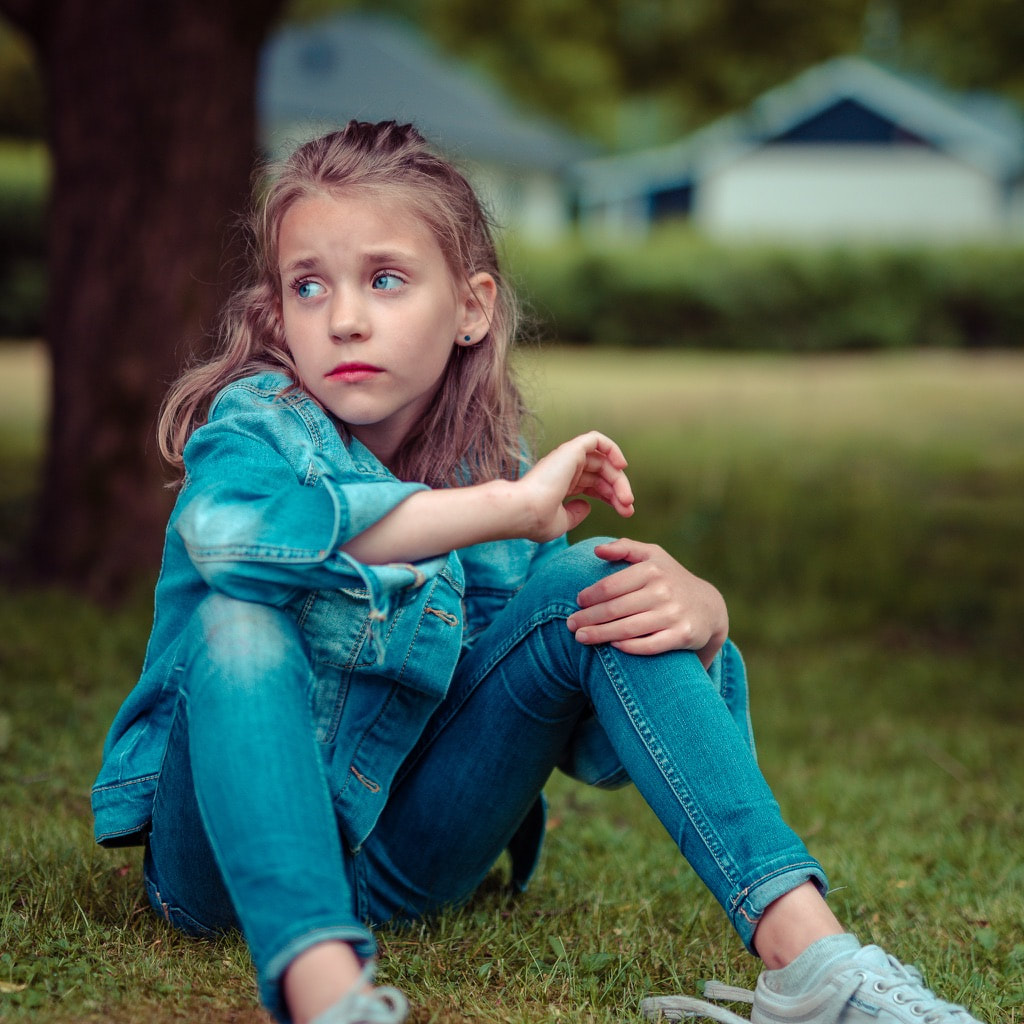




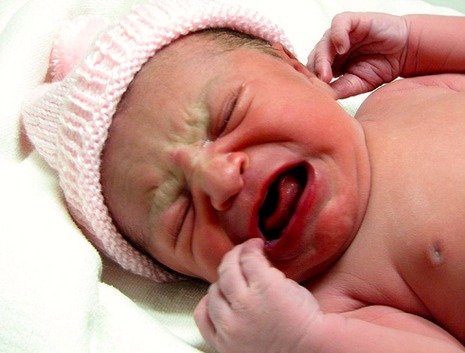



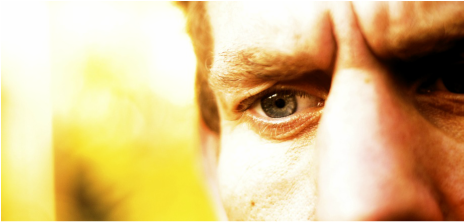

 RSS Feed
RSS Feed